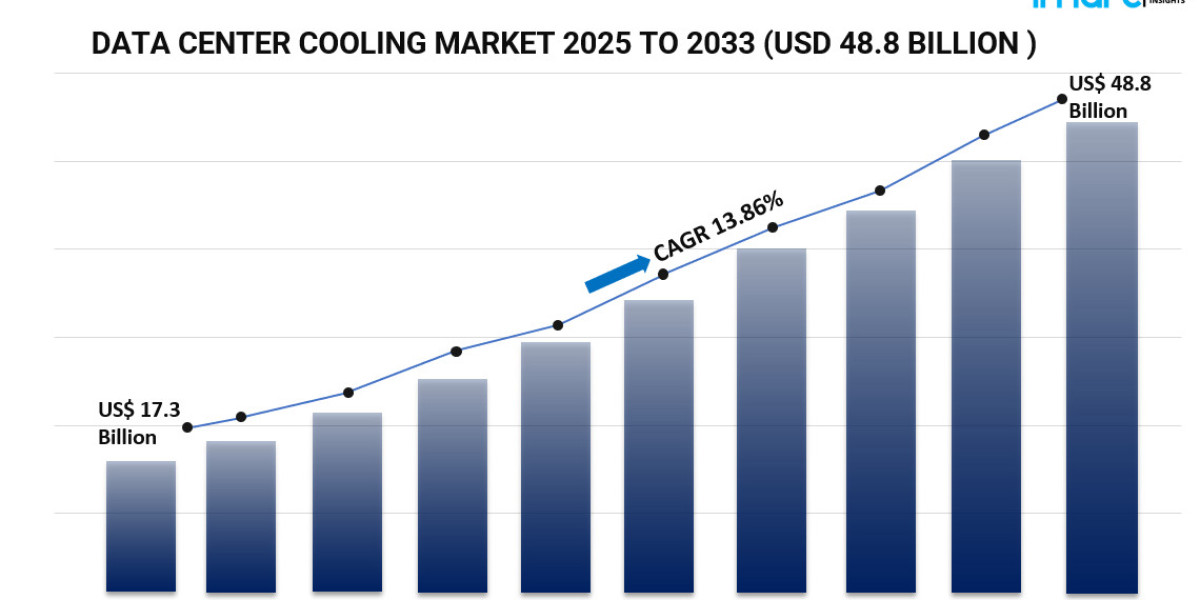Paediatric neurorehabilitation in London plays a vital role in supporting children with neurological conditions and movement challenges. In London, experts at specialized clinics, such as Adelaide Children's Physio, provide tailored care that helps children regain mobility, independence, and confidence in their daily lives.
This blog explores paediatric neurorehabilitation, the techniques used, and how parents can access the best care for their children.
What Is Paediatric Neurorehabilitation?
Paediatric neurorehabilitation is a specialized form of therapy for children with neurological disorders or injuries that affect movement, coordination, and daily functioning. It focuses on:
· Enhancing physical mobility
· Improving muscle strength and flexibility
· Supporting cognitive and sensory development
· Promoting independence in daily activities
Conditions commonly treated include cerebral palsy, developmental coordination disorder, traumatic brain injuries, and other neurological impairments.
Why Paediatric Neurorehabilitation Is Important
Early intervention is key. Children's brains are highly adaptable, meaning targeted therapy can significantly improve outcomes. Experts in paediatric neurorehabilitation in London work with families to:
· Reduce physical limitations caused by neurological conditions
· Prevent secondary complications like joint stiffness or muscle contractures
· Improve posture, balance, and coordination
· Boost confidence and participation in daily life activities
Who Needs Paediatric Neurorehabilitation?
Children who may benefit include those with:
· Children's movement disorders in London, including difficulty walking, coordination issues, or muscle weakness.
· Neurological conditions such as cerebral palsy, spina bifida, or muscular dystrophy.
· Children recovering from traumatic injuries or surgeries affecting mobility.
· Developmental delays impacting motor skills and physical independence.
Assessment and Individualised Care Planning
Experts begin with a thorough assessment to understand a child's unique needs. This typically involves:
· Physical examination of muscle strength, joint flexibility, and posture
· Evaluating movement patterns and gait
· Cognitive and sensory assessments
· Consultation with parents and caregivers for insights into daily challenges
Based on the assessment, a personalized rehabilitation plan is designed to be tailored to the child's abilities, goals, and family environment.
Core Techniques Used in Paediatric Neurorehabilitation
Specialists use a combination of therapies and approaches to deliver effective care. Common techniques include:
1. Physiotherapy
· Improves muscle strength, flexibility, and balance
· Contains exercises, stretches, and movement training
· Helps children achieve better mobility and independence
2. Occupational Therapy
· Focuses on daily living skills, such as dressing, feeding, and school activities
· Enhances fine motor skills and hand-eye coordination
· Adapts the home or school environment for accessibility
3. Hydrotherapy
· Uses water-based exercises to improve movement and reduce muscle tension
· Provides a low-impact environment for safe practice
· Encourages confidence in children with limited mobility
4. Neurodevelopmental Techniques (NDT)
· Focuses on controlled movements to improve motor control and posture
· Helps children develop smoother and more coordinated movement patterns
5. Assistive Technology and Adaptive Equipment
· Walking aids, braces, or orthotics for mobility support
· Communication devices for children with speech or cognitive difficulties
· Tailored equipment to enhance participation in school and play
Therapy Session Structure
A typical therapy session may include:
· Warm-up activities to prepare muscles and joints
· Targeted exercises based on the child's rehabilitation plan
· Skill practice for daily activities or school participation
· Fun, play-based activities to keep children engaged
· Progress tracking and adjustments to ensure optimal results
Therapists ensure sessions are child-centered, motivating, and achievable, keeping parents involved in every step.
Parental Involvement and Home Exercises
Family participation is crucial. Experts encourage parents to:
· Practice exercises at home to reinforce therapy
· Observe progress and communicate with therapists
· Adapt daily routines to support mobility and independence
This approach ensures children receive consistent support beyond clinic visits, maximizing rehabilitation outcomes.
Choosing the Right Clinic in London
When searching for paediatric neurorehabilitation in London, consider clinics that offer:
· Experienced paediatric physiotherapists and occupational therapists
· Multi-disciplinary teams for comprehensive care
· Personalized therapy plans and regular progress evaluations
· Family-centered support and clear communication
Adelaide Children's Physio is recognized for its specialized care in children's movement disorders, providing expert guidance and tailored therapies to help children thrive.
Expected Outcomes of Paediatric Neurorehabilitation
With consistent therapy and expert care, children can achieve:
· Improved mobility and functional independence
· Enhanced balance, posture, and coor







